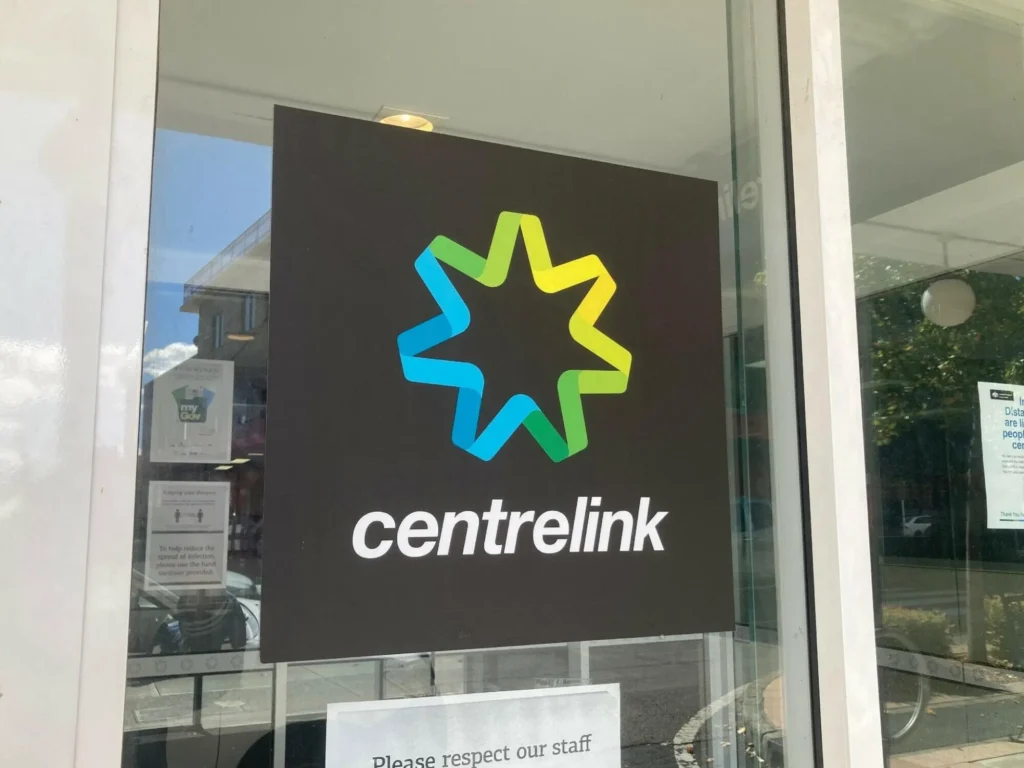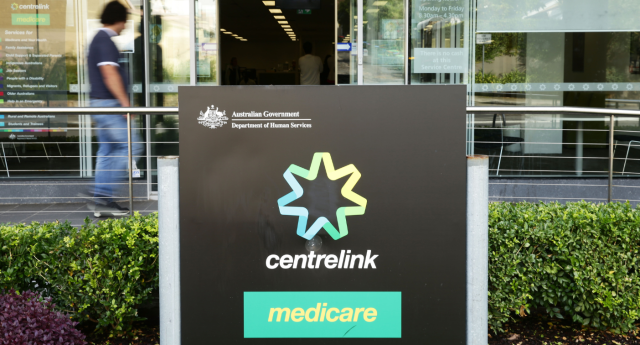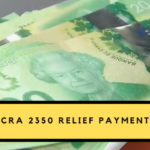Australians are being warned about an increase in fraudulent claims related to Centrelink payments. These scams, which often target low-income families, seniors, and other vulnerable groups, have become more sophisticated, leaving thousands of victims in financial distress. The Australian Competition and Consumer Commission (ACCC) has reported a 25% rise in scam activity linked to fake Centrelink payments over the past year, with total losses exceeding $4 million.
In the Published article by Yahoo Finance, Here’s everything you need to know to stay informed and protect yourself.
What Are the $2100 Centrelink Payment Scams?
Scammers are circulating false information online, promising Australians a one-off payment of $2,100 to ease the rising cost of living. These scams mimic legitimate government websites, using professional layouts, official-looking logos, and fake URLs to appear trustworthy.
Key claims made by these fraudulent sites include:
- Payments of $2,100 or $1,490.
- False tax refunds of up to $4,529.
- Additional parenting payments of $915.
These scams prey on financial vulnerability and create a false sense of urgency, urging victims to “claim now” to avoid missing out.
How to Identify a Scam

1. Check the Website URL
Legitimate Australian government websites always end with “.gov.au.” Scammers often use URLs ending in “.com” or “.org” to deceive users.
2. Unrealistic Promises
Beware of offers that seem “too good to be true.” Government agencies like Centrelink do not offer unannounced one-off payments without clear communication through official channels.
3. Urgency Tactics
Scammers frequently pressure individuals to act quickly, claiming limited-time offers or immediate action requirements. Authentic government organizations will never employ such tactics.
4. Professional Yet Imperfect Language
While scammers try to sound professional, small grammatical errors or awkward phrasing can expose their schemes.
How Scammers Imitate Government Agencies
Scammers use several methods to impersonate trusted institutions like Centrelink, myGov, or the Australian Taxation Office (ATO):
- Using Official Logos: They replicate logos and branding elements to appear authentic.
- Pretending to Be Contacts: Some scams involve impersonating a friend or family member to gain trust.
- Convincing Language: They may use legal or formal terms, but inconsistencies can reveal the fraud.
What Services Australia Says

Services Australia, the official body managing Centrelink, has repeatedly emphasized:
- No Such Payments Exist: There are no $2,100 one-off payments as described in these scams.
- Verify Information: Always cross-check claims through the official myGov portal or the Services Australia website.
- Stay Alert: Be cautious about unofficial websites or social media posts making such claims.
Tips to Stay Safe
To protect yourself and your loved ones, follow these steps:
1. Verify URLs
Ensure that the website you’re visiting ends with “.gov.au.”
2. Avoid Sharing Personal Information
Government agencies will never request sensitive details like your bank account number via email or text.
3. Report Suspicious Activity
If you encounter a scam, report it to Scamwatch, Australia’s official platform for fraud awareness.
4. Stay Informed via Official Channels
Rely on trusted government websites like myGov or Services Australia for accurate updates. Avoid taking social media posts at face value.
Example of a Scam
A scam might look like this:
“A new $2,100 payment is available to all Centrelink recipients! Apply now before it’s too late!”
The link provided leads to a website ending in “.com,” not “.gov.au.” Clicking the link or sharing personal information could result in financial theft.
Final Thoughts
Scammers are exploiting the rising cost of living to deceive Australians. It’s vital to remain vigilant and question any unexpected offers related to Centrelink payments. Always rely on official communication and report suspicious activity to help others stay safe.
This article has been carefully fact-checked by our editorial team to ensure accuracy and eliminate any misleading information. We are committed to maintaining the highest standards of integrity in our content.
Premlata is a seasoned finance writer with a keen eye for unraveling complex global financial systems. From government benefits to energy rebates and recruitment trends, she empowers readers with actionable insights and clarity. When she’s not crafting impactful articles, you can find her sharing her expertise on LinkedIn or connecting via email at biswaspremlata@gmail.com.








